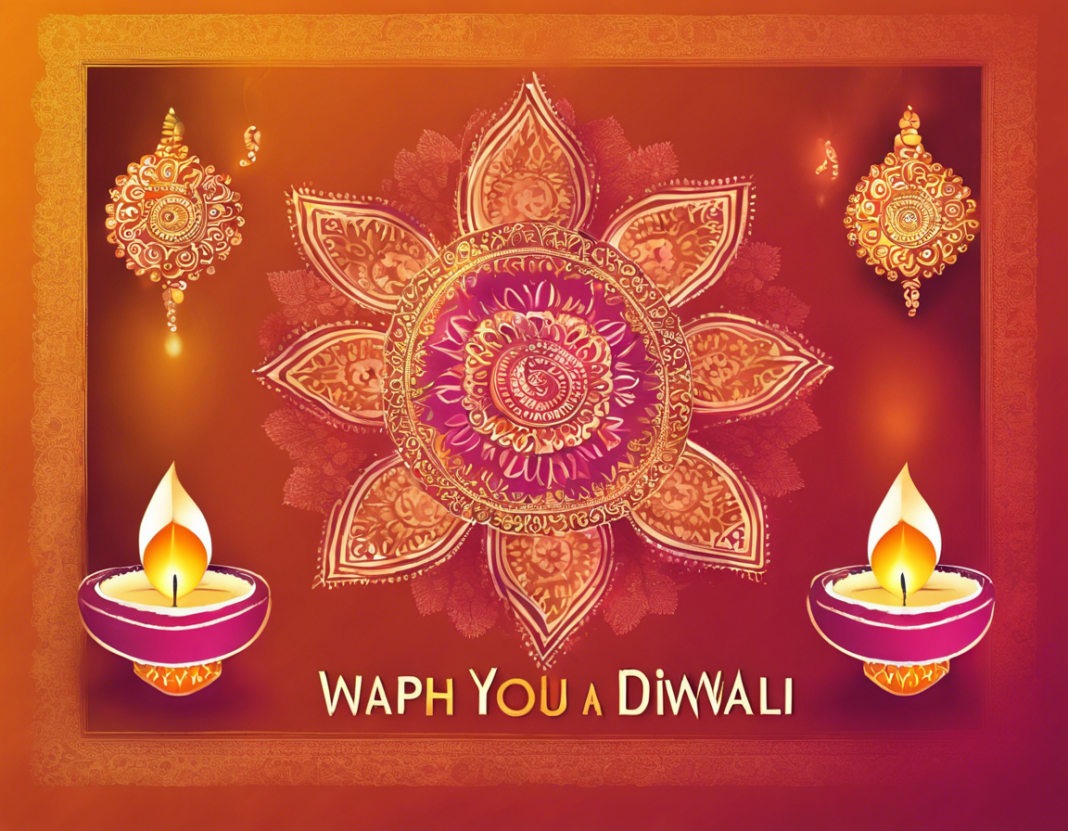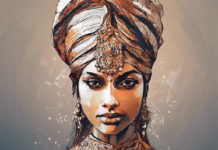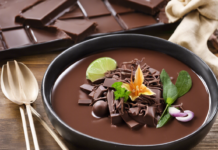The festival of Diwali, also known as Deepavali or the Festival of Lights, is celebrated by millions of people across the world with much joy and enthusiasm. This ancient Hindu festival symbolizes the victory of light over darkness and good over evil. The festival spans over five days and is a time of feasting, exchanging gifts, decorating homes, and lighting oil lamps or diyas to welcome the goddess Lakshmi, who is the symbol of wealth and prosperity in Hindu mythology.
Significance of Diwali
Diwali holds immense spiritual significance across various cultures and religions in India. For Hindus, the festival marks the return of Lord Rama to Ayodhya after defeating the demon king Ravana. In Sikhism, Diwali commemorates the release of Guru Hargobind Ji along with 52 princes from imprisonment. Additionally, Jains celebrate Diwali as the day Lord Mahavira, the last Tirthankara, achieved Nirvana. The unity in diversity represented by these different narratives showcases the inclusive nature of the festival.
Preparations for Diwali Celebrations
The preparations for Diwali celebrations usually begin weeks in advance. People clean their homes and decorate them with rangoli, lights, and flowers to welcome the goddess Lakshmi. Shopping for new clothes, kitchen utensils, and gifts for loved ones is a common practice during this time. Traditional sweets and savory snacks are prepared at home, and many households also engage in making elaborate rangoli designs at their doorsteps.
Diwali Rituals and Traditions
Diwali celebrations are marked by several customs and rituals that hold special significance. Lighting oil lamps or diyas symbolizes the inner light that protects us from spiritual darkness. Bursting firecrackers is believed to drive away evil spirits. Exchanging gifts and sweets with friends and family is a way to strengthen bonds and share prosperity. Visiting temples, praying, and seeking blessings for a prosperous year ahead are also integral parts of Diwali traditions.
Eco-Friendly Diwali Celebrations
In recent years, there has been a growing awareness about the environmental impact of traditional Diwali celebrations, which involve burning firecrackers that contribute to air and noise pollution. As a result, many people are opting for eco-friendly Diwali celebrations by using eco-friendly diyas, decorating with natural materials, and avoiding the use of firecrackers. This shift towards sustainability reflects a collective effort to honor traditional practices while caring for the planet.
Healthy Diwali Delicacies
Diwali celebrations are incomplete without the indulgence in a variety of sweets and snacks. While traditional sweets like ladoos, jalebis, and barfis are popular during this festive season, it is essential to balance indulgence with healthier options. Including dry fruits, homemade snacks like roasted foxnuts or nuts, and sugar-free sweets can help in maintaining a healthy diet while enjoying the festive delicacies.
Diwali Home Decoration Ideas
Decorating homes is an integral part of Diwali celebrations. From intricate rangoli designs at the entrance to embellishing the interiors with colorful lights and diyas, there are several ways to spruce up your living space for the festival. Incorporating marigold flowers, string lights, candles, and ethnic home decor items can add a festive touch to your surroundings and create a warm and inviting ambiance for guests.
Celebrating Diwali Safely
While Diwali celebrations bring joy and merriment, it is crucial to prioritize safety measures to avoid accidents or mishaps during the festivities. Using electric lights instead of candles, opting for electronic firecrackers, keeping a safe distance while lighting fireworks, and supervising children during celebrations are essential safety tips to keep in mind. Additionally, practicing fire safety and first aid preparedness can help in ensuring a safe and enjoyable Diwali celebration.
FAQs:
-
What is the origin of Diwali?
Diwali originated as a harvest festival and is mentioned in ancient texts such as the Sanskrit epic, the Ramayana. -
How long does Diwali last?
Diwali is a five-day festival that begins with Dhanteras and culminates with Bhai Dooj. -
What is the significance of lighting diyas during Diwali?
Lighting diyas symbolizes the victory of light over darkness and the dispelling of ignorance. -
How can I celebrate an eco-friendly Diwali?
You can opt for eco-friendly decorations, use natural materials, and avoid bursting firecrackers to celebrate a sustainable Diwali. -
What are some traditional Diwali sweets?
Traditional Diwali sweets include ladoos, jalebis, barfis, gulab jamuns, and kaju katli. -
How can I ensure fire safety during Diwali celebrations at home?
Using electric lights instead of candles, keeping a fire extinguisher handy, and supervising fireworks can help in ensuring fire safety. -
Why is Diwali known as the Festival of Lights?
Diwali is called the Festival of Lights because it signifies the triumph of light over darkness and good over evil. -
Can non-Hindus celebrate Diwali?
Yes, Diwali is a festival that transcends religious boundaries, and people from various cultures and faiths can join in the celebrations. -
What are some popular Diwali gifts?
Popular Diwali gifts include sweets, dry fruits, ethnic wear, home decor items, and gift hampers. -
How can I involve children in Diwali celebrations?
Engage children in making diyas, decorating rangoli, creating handmade crafts, and involving them in traditional rituals to make the celebrations meaningful for them.
Diwali is more than just a festival; it is a time for reflection, gratitude, and joyous celebrations with loved ones. By embracing the traditions, promoting eco-friendly practices, and prioritizing safety, you can make your Diwali celebrations memorable, meaningful, and enriching. May the festival of lights illuminate your life with happiness, prosperity, and abundance. Happy Diwali!












